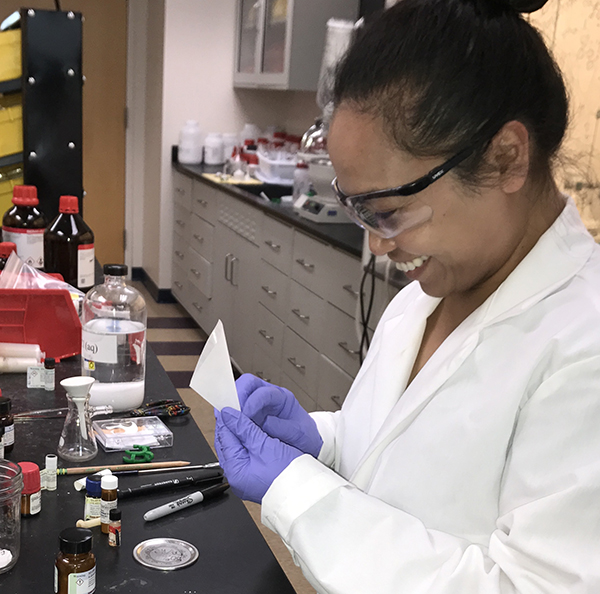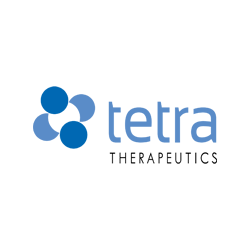Mark Gurney spent the first part of his career studying the underlying mechanisms of how learning and memory both operate and malfunction. But something was missing: “I wanted to be actively involved in drug discovery and development and actually benefit a patient.”
In 2010, he founded Tetra Therapeutics, a Michigan-based biotechnology company focused on developing treatments for neurological disorders like Alzheimer’s disease, Fragile X syndrome, the leading cause of inherited intellectual disabilities like autism spectrum disorder, and other conditions that impair human brain function. As early as 2011, Gurney applied for and received Small Business Innovation Research (SBIR) grants. By 2019, Tetra had raised nearly $19 million from NIH grants, R&D contracts, and investment capital.

Using SBIR grants from the NIH, Tetra discovered a compound that helps strengthen brain processes. Early research indicated Tetra’s drug could help nerve cells forge connections that are underdeveloped in people with Fragile X syndrome, as well as help maintain connections in those with Alzheimer’s disease. Gurney says their drug does not produce the side effects (like nausea and diarrhea) plaguing drugs that target similar areas of the brain.
I wanted to be actively involved in drug discovery and development and actually benefit a patient.
Tetra had received more than $11 million in Small Business Program funding from the National Institute on Aging, the National Institute of Mental Health, and the National Institute of Neurological Disorders and Stroke. The grants supported early research and development for finding and testing the compound, and even funded initial Phase 1 clinical trials to evaluate safety and tolerability. Gurney touts the SBIR program “as one of the most viable sources of high-risk capital above and beyond what one can access through venture.”
Largely due to the company’s promising results in early Alzheimer’s disease, Tetra formed a strategic alliance in March 2020 with Shionogi & Co., a Japanese pharmaceutical company, to develop and commercialize Tetra’s Alzheimer’s disease treatment. In May 2020, Shionogi acquired Tetra, which became a wholly owned subsidiary valued at up to $500 million.
Tetra has now completed Phase 2 clinical trials to test the effectiveness of the drug as a treatment for Fragile X syndrome and in patients diagnosed with early Alzheimer’s disease. Results from the latter study have shown evidence for slowing disease progression. Phase 3 clinical trials are underway to enable the use of the drug as a treatment for Fragile X syndrome in males. Results are expected in the second half of 2024.








